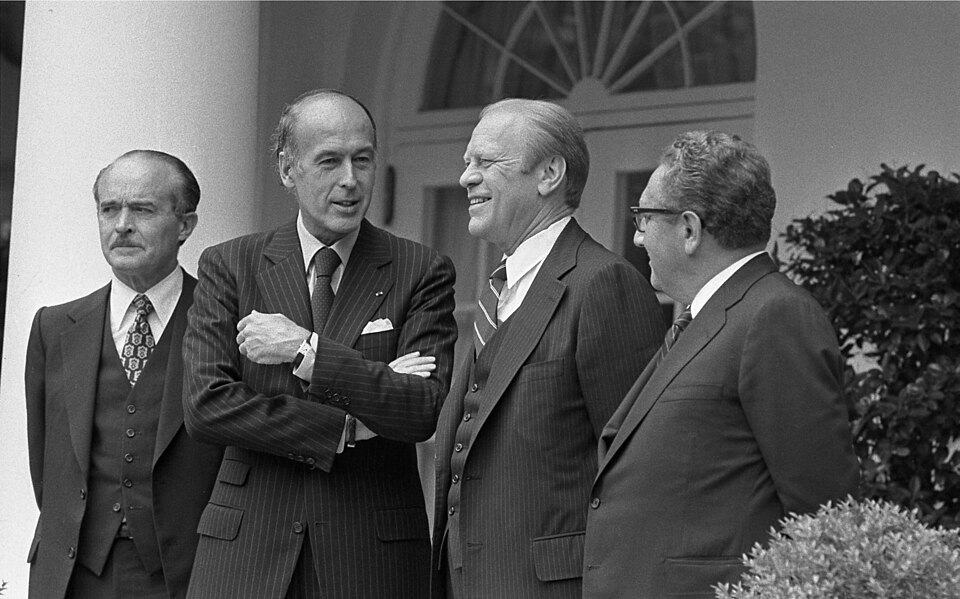Both countries are nuclear powers yet their approaches to the concept of deterrence are not strictly identical, even though there are many areas of convergence between them. In addition, the subject appears little in British strategic debate. There would be much to be gained from intensifying discussions, and from bringing our European partners into them.
Future Imperfect
In 1971, Ian Smart examined nascent Anglo-French cooperation in nuclear deterrence, considering technical, economic, political and international factors in a paper titled “Future Conditional: The Prospect for Anglo-French Nuclear Co-operation.”(1) The 2010 “Treaty between the United Kingdom of Great Britain and Northern Ireland and the French Republic relating to Joint Radiographic/Hydrodynamics Facilities”, part of the Lancaster House Treaty, to a great extent facilitates cooperation in many of the issues Smart considered. The technical and economic cooperation enabled by the Teutates Project is well in hand, and both countries stand to benefit as they begin work on the synthetic testing for modernised nuclear warhead designs in the shared hydrodynamic test facilities at ‘Epure’ in France and the ‘Technology Development Centre’ in the UK.
This paper considers what Smart considered the political and international factors. It briefly compares the development of the two states’ nuclear deterrence policies, highlighting the key philosophical differences between a distinctive ‘European’ view and the more prevalent ‘American’ view. It concludes that there is scope for the two western European nuclear weapons states (NWS) to collaborate more effectively in educating allies to inform European thinking on nuclear deterrence.
French and British scientists were involved from the outset of the Manhattan project. After the US McMahan Act prohibited sharing of atomic weapon technology, the UK and France each developed unilateral programmes, although the UK has worked closely with the USA since the Mutual Defence Agreement of 1958.
Il reste 89 % de l'article à lire




_astronaut_Sophie_Adenot_(jsc2025e058846_alt).jpg)



